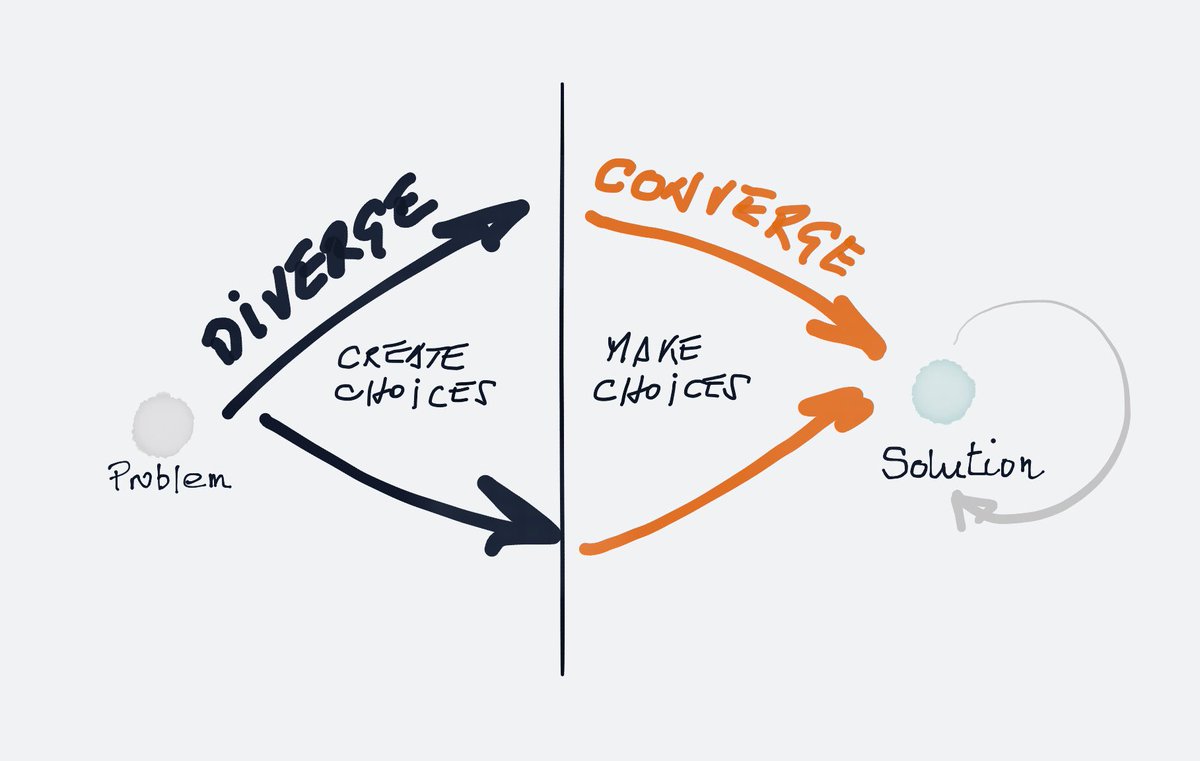Travel Tips
Lorem ipsum dolor sit amet, consectetur adipiscing elit.
Before we jump into what delegation is and why we should do it more, lets first test our assumptions - we've all likely heard of delegation and i'd guess the majority of us have experienced the act of being 'delegated to'. So what are our perceptions of 'what delegation is'? Before supporting people on how to delegate better, I've asked this question many times and more often than not, the same 2 or 3 answers are shared:
Digging into these assumed definitions, most participants share that they'd like to delegate more than they do now - with the following reasons stopping them:
These are all reasonable rationale for not embracing the 'delegating leadership style' but these rationale may suggest that delegation itself is misunderstood - so let's begin with getting the dog in the yard and I'll outline what I perceive delegating to be.
I eluded to earlier that delegation is a leadership style and with all leadership styles needs to be applied where applicable. All three of the perceived reasons earlier may form part of the reasoning from which to apply this leadership style but on their own and the way they are phrased, none of which are reasons to delegate to someone.
Delegation is form upon the combination of two assessments - the "competence" and "commitment" of the individual. Delegation is opted for when the individual has the ability, knowledge and skill (competence) to work through the problem and the confidence and motivation (commitment) to do so. The combination of these are of high importance as when you delegate to someone, you need to empower the individual and provide autonomy to them for them to approach the problem in their own way - if you're not confident in this, then opting for a different style such as mentoring, coaching or even directive is needed
"What is this problem you keep referring to?" In the previous paragraph I've called out that the delegate (the person who has been delegated to) should work through or approach the problem how they see fit. This is an important part of effective delegation - we should delegate problems and not tasks.
There are two distinct spaces - the problem space, and the solution space and these spaces shape our way of thinking.

We should avoid delegating solutions as by this stage we've moved from the unknown to known and some early stage creative thinking has been removed from the delegate; narrowing their scope of autonomy and lessening their development.
By delegating problems, you are offering the delegate the opportunity to really understand the why's beneath what they are working towards and helping them develop such skills as critical thinking, decision making, communication, etc
the act of empowering to act for another
There are many reasons why we should delegate and I've covered the five that I consider most important (in particular order)
As with any leadership style, the development of others is one of our primary motivators. Delegation - when done right - ensures the stretching of competencies and experience whilst in a safe environment. A delegate should be able to reflect on their delegate experience and appreciate the skills, knowledge, etc that they have learned.
Some fears from earlier were around losing control or lack or recognition but this mentality shapes a department/division/company to have a single point of failure. Having this single point of failure makes it harder to scale, find flow and will exert undue stress on the individual.
We cant be good at everything! It is likely that someone who you work with could do a better job of working through the problem than you would - and if that's the case, then why not open up the opportunity for them and arrive at a better solution for your team or company?
When delegating to people, you must have trust in both them and their ability to perform - but sometimes, we dont talk about trust as much as we should :) When you delegate to someone (effectively) this acts as both a communicator and reinforcer of trust.
Delegation doesn't just sit with management or the higher ups! Everyone can delegate when appropriate and the more that we practice the delegating leadership style, more people will appreciate the true benefits and the earlier perceptions will fade away
There are 7 steps to effective delegation:
TOP TIP : After stage 5, have the delegate recap to gain assurance of their understanding
(TO BE CONTINUED__)